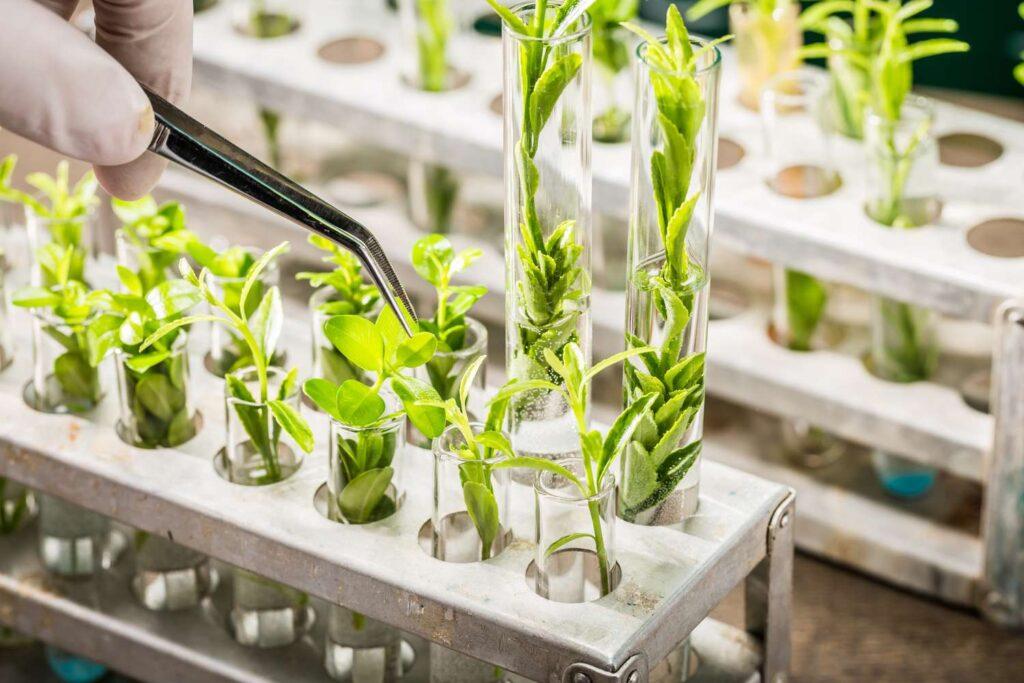Biotechnology is a multidisciplinary field that utilizes biological processes, organisms, or systems to develop innovative products, technologies, and solutions.
It combines biology, chemistry, genetics, and engineering to address various challenges and create advancements in agriculture, medicine, environmental conservation, and other industries. Biotechnology has transformed numerous aspects of modern life, revolutionizing healthcare, agriculture, and the production of various materials.

Types of Biotechnology:
Biotechnology encompasses different branches, including:
- Medical: This involves the use of biological processes and organisms to develop medical treatments, therapies, and diagnostics. It includes gene therapy, biopharmaceuticals, also personalized medicine.
- Agricultural: Agricultural focuses on improving crop yields, enhancing resistance to pests and diseases, also developing genetically modified crops to address global food security challenges.
- Industrial: This branch utilizes biological processes and organisms to produce various industrial products, such as enzymes, biofuels, and biodegradable plastics.
- Environmental: Environmental aims to address environmental issues, such as pollution and waste management, by using biological processes to remediate and restore ecosystems.
Applications of Biotechnology:
Biotechnology has made significant contributions in various fields:
- Medicine: This has led to the development of life-saving therapies, such as insulin for diabetes, monoclonal antibodies for cancer treatment, and vaccines to prevent infectious diseases.
- Agriculture: Genetically modified crops have improved agricultural productivity also sustainability, reducing the need for chemical pesticides and herbicides.
- Pharmaceuticals: This has revolutionized drug development, enabling the production of complex proteins also biopharmaceuticals through recombinant DNA technology.
- Environmental Conservation: Offers environmentally friendly solutions for waste treatment, pollution control, also bioremediation of contaminated sites.
Challenges and Ethical Considerations:
Biotechnology faces ethical issues, especially with genetically modified organisms, human gene editing, and potential unintended consequences.
It is crucial to balance scientific advancement with ethical also social responsibilities to ensure the responsible use of biotechnological innovations.
Future Prospects:
The future of biotechnology is promising, with ongoing research and technological advancements.
As our understanding of genetics and biology grows, will tackle global issues like healthcare disparities, food security, and environmental sustainability.
Conclusion
Biotechnology has become an indispensable tool for solving complex challenges and driving innovation across diverse sectors.
Its use in medicine, agriculture, industry, and conservation has greatly improved the quality of life and shaped many industries.
As biotechnology advances, ethical practices will be essential to fully benefit society and the environment. 온라인카지노사이트